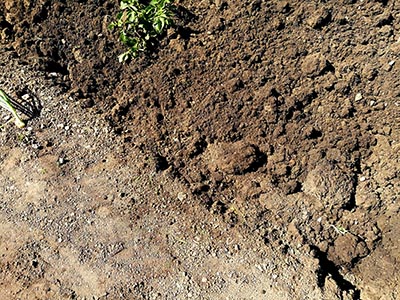

Only in the Middle Ages the Greek traditions (especially Aristotle) were translated into Latin.
However, this
"appropriation of ancient political thought in the Middle
Ages" was used as a
reformulation of the legitimation of one's own rule and thus
to distinguish it from other political rulers,
especially the church.
Aristotle was only gradually translated into Latin, very early especially the
writings on logic.
The political writings, on the other hand - including
politics, ethics and rhetoric - were only translated
into Latin in the
thirteenth and fourteenth centuries.
A
reflection on the state thus always requires the problematization of its
spatiality, i.e. its national territory.
Space
in the political sense,
is defined as the interrelation between its
political-strategic function and its political-economic determination.
Thus land ownership is the bundling of economic-political and legal relationships.
One of
the most important legal teachers of the Middle Ages was
Bartolus
de Saxoferrato
Italian
Bartolo da Sassoferrato
Bartolus
already suggests the idea of territorial sovereignty.
Jurisdiction is directed
towards a limited space and thus also towards the persons who reside in this
territory.
The formulation in Bartolus is still the fundamental basis for the
concept of territory today.
Dominion is something that is inherent
in the person possessing it (domini),
but it extends to what is possessed. Similarly, jurisdiction is based on an
office (oficio)
and in the person holding the office,
but extends to a territory.
This concept of territory thus shifts
"domination" to those who are in the territory.
But it also transfers
jurisdiction to the besieger of a certain place.
But also a transfer of
jurisdiction to the besieger of a certain place.
Thus, territory can be derived from
[terrere],
the term that can be translated as 'putting into fear,
terrorizing'.
But Pomponius Mela, a Roman geographer
refers in his writings over
1000 years before Bartolus to the characteristic
of the territory: as the description of a specific legal area:
To terrorize
someone meant in the linguistic usage of that time:
to be able to quote someone
in court.
Back to Bartolus -
Bartolus Codex also means: as long as an army spreads fear and
terror in a place,
an offence committed there can be punished by its
authorities in the same way as if it had been committed at home.
So what is jurisdiction? It extends over the territory.
What is territory? A place where jurisdiction is exercised.
Later Gottfried Wilhelm Leibniz, one of
the masterminds of the Enlightenment and the last universal scholar,
will
write about territory and sovereignty: "The sovereign is the one who is master
over a territory. (Translation: Stuart Elden)
Leibniz thus lays claim to the first real definition of sovereignty. In his understanding, sovereignty is exercised over a territory.
And what about the people there?
The Aesthetics of Territorial Order in art